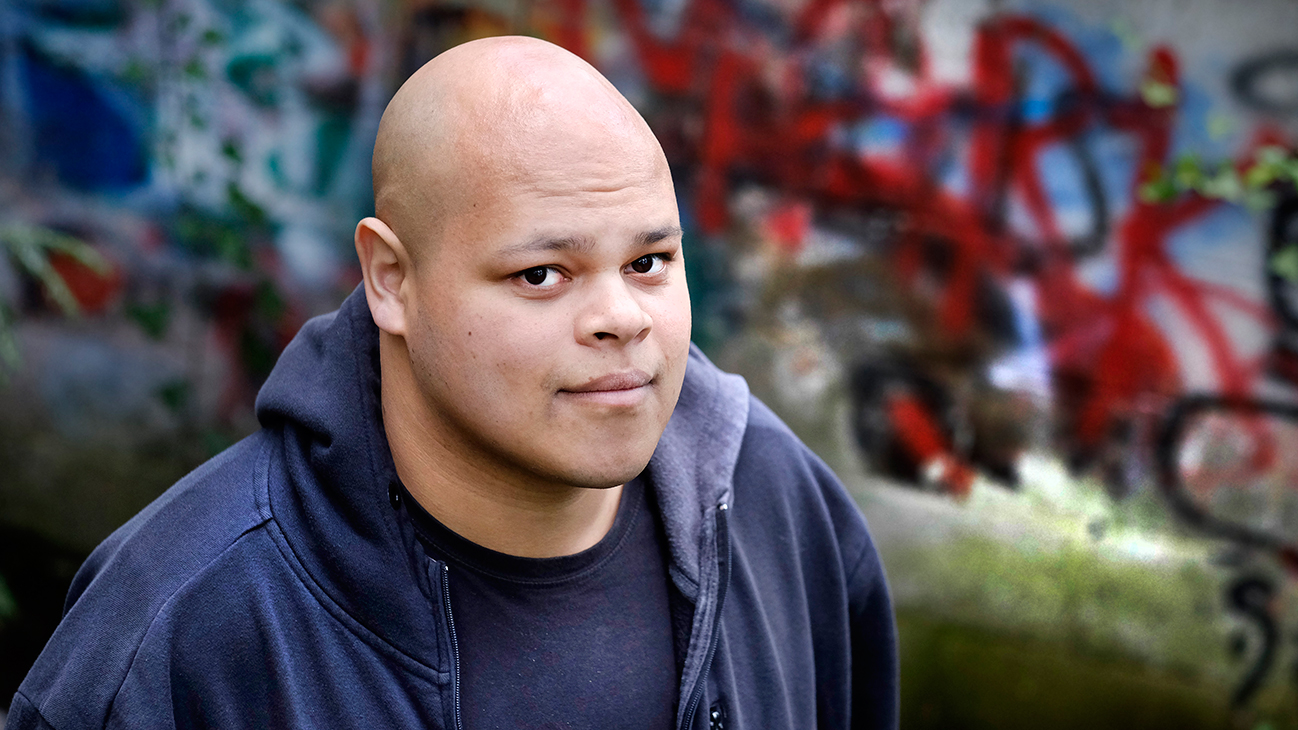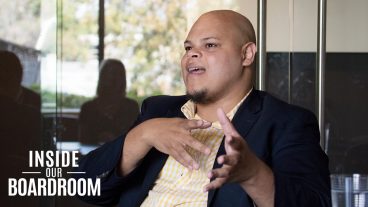Award-winning activist and lawyer Jamil Jivani has committed his life to tackling some of the biggest challenges in the world with a focus on issues that impact youth, immigrants, and low-income families. He is the Founder of the Citizen Empowerment Project, a public education organization focusing on issues related to policing, racial profiling, democratic participation, voter turnout, and economic development.
In an article for the Globe and Mail, Jamil turns his attention to identity politics in Canada and explores its role in Ontario’s recent provincial election.
He defines identity politics using Harvard University’s Steven Pinker’s definition: “the syndrome in which people’s beliefs and interests are assumed to be determined by their membership in groups, particularly their sex, race, sexual orientation and disability status.”
He says that although it is rooted in a genuine fight against inequality, it has a fundamental flaw that allows it to empower people to speak for others without their consent.
Below is an excerpt from Jamil’s Globe and Mail article where he provides and discusses examples of identity politics that have emerged within the Ontario’s Progressive Conservative Party. He urges all of us to “call out” identity politics when we see it so we can discuss whether it is “positively facilitating – or tragically sabotaging – a more unified Canada.” Read the whole thought-provoking piece here.
Earlier this year, the ousting of former Ontario Progressive Conservative Party leader Patrick Brown presented a moment when white-identity politics threatened to overtake a political party. After Mr. Brown’s team welcomed thousands of new party members from a diversity of backgrounds, speculation began that prejudiced elements in the Conservative movement were unhappy with these new faces. While Mr. Brown was forced to step down over allegations of sexual misconduct, Conservative member of Parliament Alex Nuttall attributed Mr. Brown’s departure to “elites” and suggested these elites also wanted to expel party members on the basis of race, faith, ancestry and ethnicity.
Doug Ford’s election to leader of the Ontario PCs disrupted emerging tribal influences in the party. As party leader since March, Mr. Ford has been propelled by support from diversity-rich parts of Ontario, such as the 905 suburbs of Toronto. Advocates for white-identity politics in Ontario’s Conservative movement were dealt a blow by conservatives committed to diversity, but Mr. Ford’s success additionally proved people who promote a homogeneous political agenda for immigrant and minority communities are equally out of touch. In 2014, when Mr. Ford was running for mayor of Toronto, polling data revealed his approval ratings varied noticeably within different immigrant and minority communities. Polling experts indicate similar dynamics exist in the ongoing provincial election.
People who look similarly to one another think differently about who should lead Ontario next, which counters some of the basic assumptions underlying identity politics. But Ontario hasn’t escaped the potential influence of tribalism entirely. Mr. Ford’s recent comments about immigration, for example, could reopen the door to Trump-style campaigning if he isn’t careful. When asked about bringing more immigrants to Northern Ontario, Mr. Ford remarked, “I’m taking care of our own first.” Whatever you make of Mr. Ford’s answer, it’s important to avoid turning immigration policy into a zero-sum game. Such a game brings out the worst in everyone.




